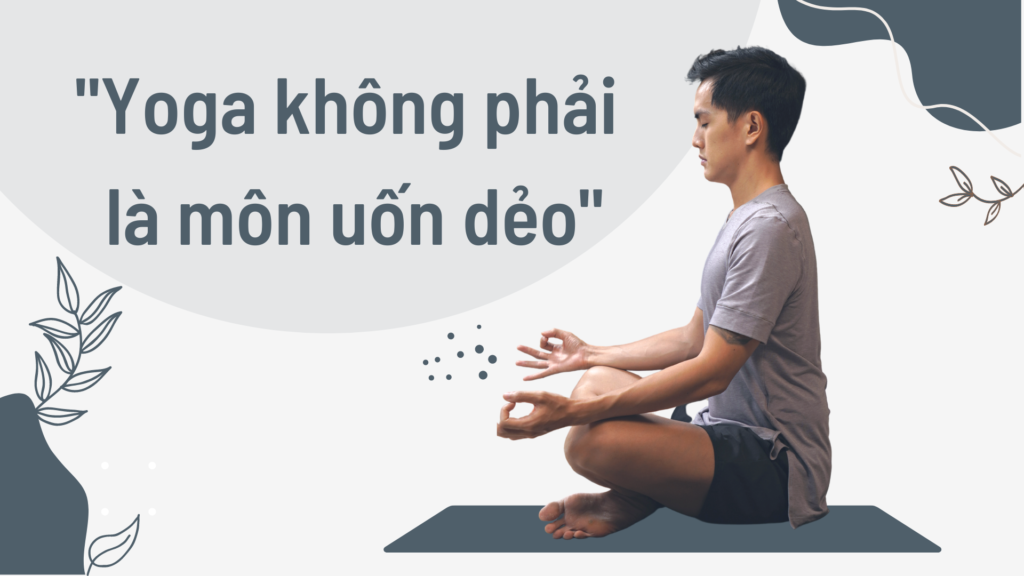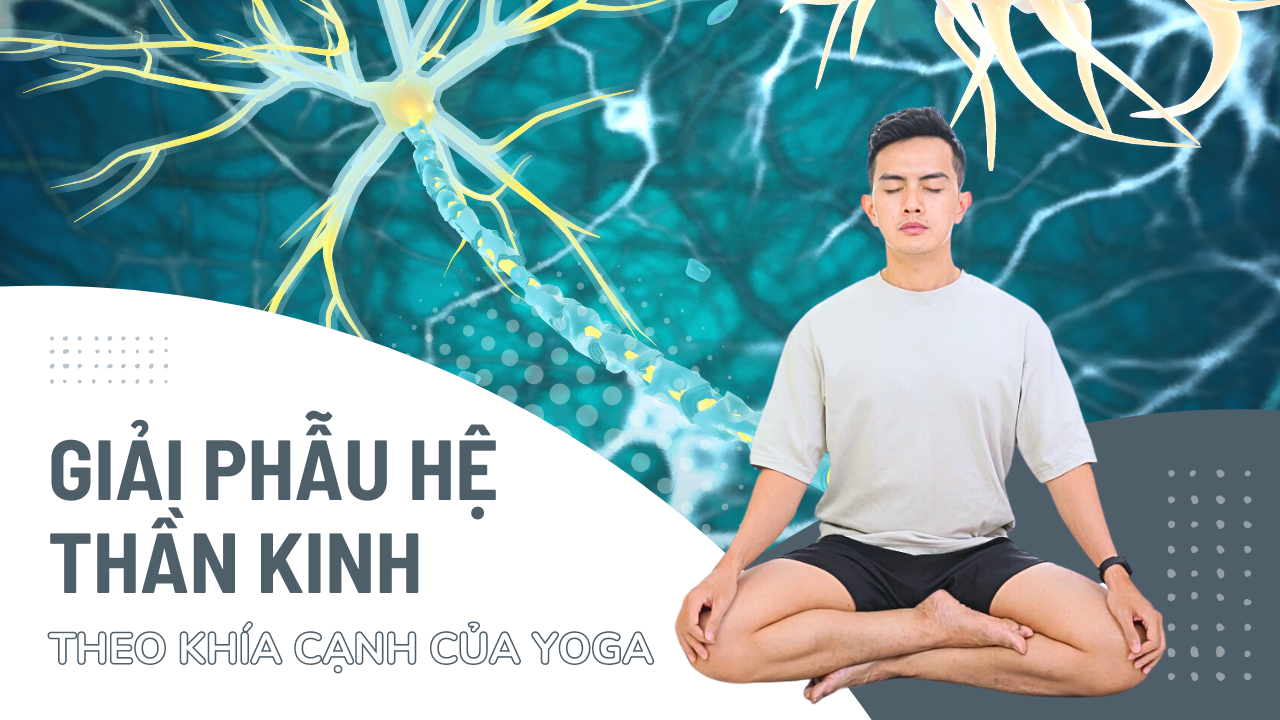I heard my cousin ask others: "Why does Mr. Nguyen teach Yoga when Mr. Nguyen is so good?" I also don't know what she means by "good" here, but I also secretly thank her for considering me a "good" person. I think the question is very good and I appreciate you very much. It also helps me to question myself again after all these years.
The reason I teach Yoga when I'm "good" like that, I also shared in an article a few years ago and in a vlog video on youtube. However, it may not satisfy my curiosity and questions, as well as that of some friends.
I also wondered, "Yoga can only be taught for a certain number of years, but when Nguyen is ten years old, his bones and joints are not good enough to teach movements and then flex things."
I find this question very interesting.
So why do I teach Yoga?
To answer this question, perhaps we have to separate the two words "teach" and "yoga", then we will merge them to answer the question.
What is Yoga? First, Yoga is not a physical discipline of squeezing movements. Yoga is a way of life, an ethical standard, a path to personal happiness. Yoga is the union of body, mind, and mind. Yoga is a philosophical discipline to better understand yourself through your own practice and through interactions with life and people.
Yoga is not a sport or a profession. It is a way of life. Means a way of life, a way of life and a belief system. This path is simplified through the 8 branches of Yoga, starting with Yama and Niyama, that is, training in personal morality and how to treat people outside.
Practicing morality and dealing with people is a must-do every day until the last breath.
Then comes the path of posture and physical training (aka Asana, which we often misunderstand as Yoga), followed by breathing (Pranayama), of meditation (Dharana), and when it comes to self-understanding. and the perception of the world through meditation, we come to the end point of Samadhi, or the peak of happiness.
“Oh, sounds good” is probably my first reaction when hearing such a description. It's so simple, just follow the steps to reach the peak of happiness. But not.
If according to the standards of Yoga, only after we have perfected Yama and Niyama will we be allowed to practice Asana, that is, the "flexion yoga" movements that we often think of as Yoga (but in reality it is not. is Yoga).
Understand that to see two basic mistakes of modern Yoga. One is that we all haven't trained a small part of Yama and Niyama yet. The common phrase that we often refer to "Greed, hatred, delusion" is a small part of Yama and Niyama. Some brothers and sisters will understand that until the end of greed, hatred, and delusion, they cannot practice cultivation. Likewise, Yama has not been forged, and Niyama is not qualified to practice "Yoga" (ie Asana).
And everyone knows that to forge an ego that is no longer "greedy, hate, and delusion" can take a lifetime or several lifetimes, but to fully forge Yama and Niyama will take longer than that.
The second misunderstanding is that we think that practicing Yoga means "flexing" movements to become more flexible. Asana, the third branch of Yoga, is posture and physical training. For what? To prepare for the next steps when we have to meditate, or to describe it easily, it is the sitting lotus sitting meditation posture that we often see the Buddha statue sitting.
Yes, all the postures we practice eventually lead to a posture that is ultimately the sitting meditation posture. However, we think that Yoga is difficult and flexible movements, inversions of all kinds.
In short, for me, Yoga is not a flexible sport, nor is it a profession. It is a way of life, a moral standard that I myself am trying to practice every day.
It takes such a mindset and belief to go long with Yoga. And of course, you have to see for yourself how it helps you to get better in order to have the motivation and confidence to continue. You have to be a self-practice and learn about Yoga to see for yourself whether Yoga really makes your life happier.
Original,
(To be continued)



